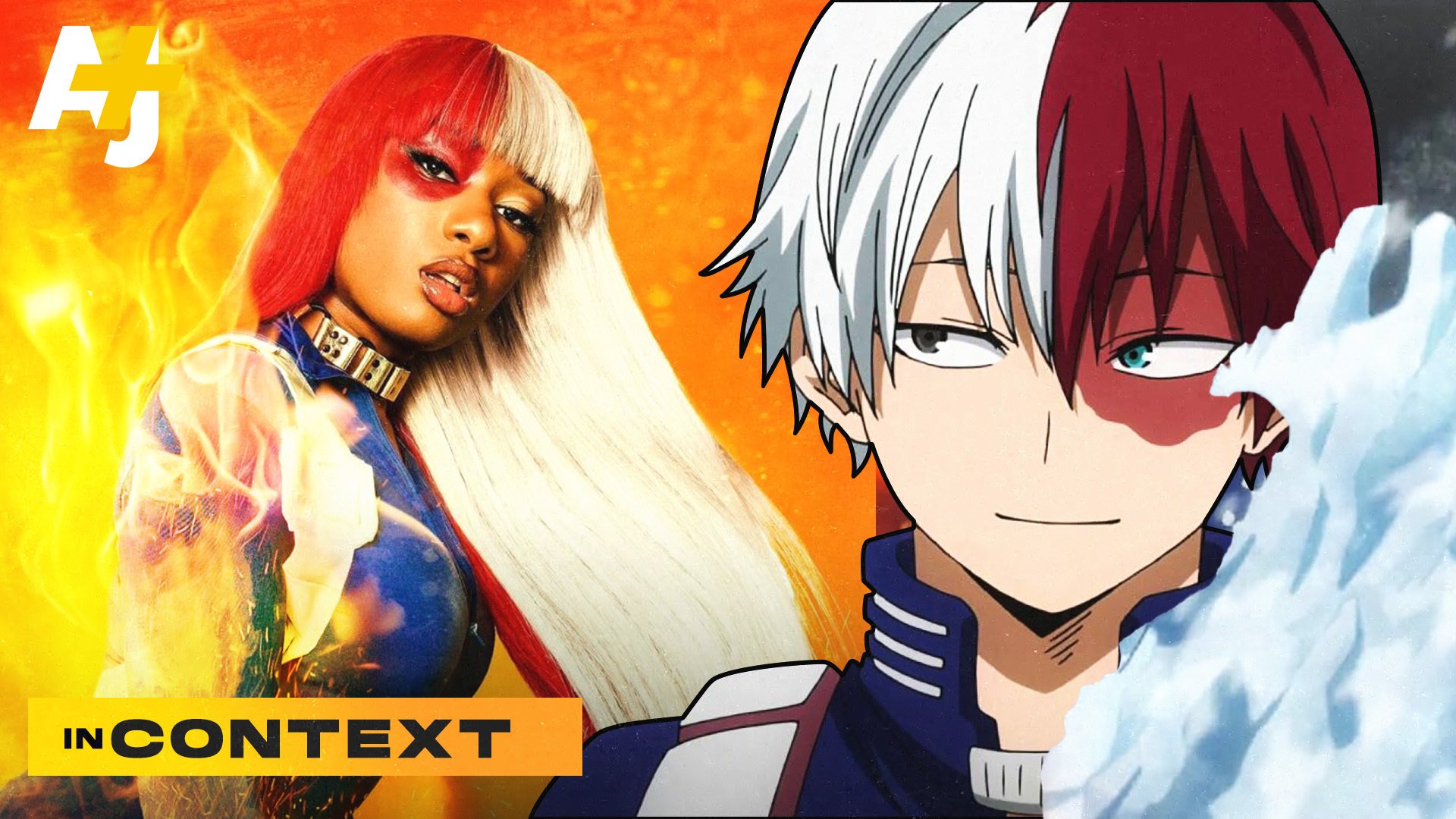What if Only Black People had Superpowers?
What if only Black people had superpowers? Black, a 2017 comic book by Kwanza Osajyefo, tells the story of a Black teenager who is shot and killed by police, but then comes back to life and learns that he and other Black people have superpowers. Earlier this month, production company Studio 8 announced that Warner Bros. bought the film rights to the comic book.
Though the comic’s concept seems timely after the deaths of Ahmaud Arbery, Breonna Taylor, George Floyd and many more Black Americans at the hands of police or former law enforcement, “I came up with the idea like almost 15 years ago,” says Osajyefo. “That was Amadou Diallo. That was Trayvon Martin. That was so many other people who have died at the hands of this injustice that – call it timely? It's timeless and we don't want it to be.”
AJ+ producer Julia Muldavin spoke with Osajyefo earlier this month about the rise of Black stories in media, systemic racism in comics and why Black isn’t “political.”
Trading lasers for baseball caps
According to Osajyefo, Black has allowed him to tell the story of superheroes without using the superficial veneer that so many other works about superheroes rely on – that these superhumans, often attractive and white, are discriminated against in a typical-bodied society because of their supercapabilites.
“We don't have giant robots coming to find us because we happen to be able to shoot lasers out of our eyes. We just happened to be wearing a baseball cap and standing on a street corner … and the cops are like our giant robots,” he said.
How racism really operates in comics
Working at comic publisher powerhouses DC and Marvel over the course of 10 years, Osajyefo often found himself the only Black person at the table, and he doubts that Black wouldn’t have taken off had he pitched it to a major publisher. Launching it through a Kickstarter campaign showed that the audience was there.
“(Systemic racism and bias is) like the air that you breathe. It's constructed in a way that you don't have to actually press a button to turn the gears. They're operating on their own,” he said. “And I don't think a lot of people realize that, which is why you get a lot of pushback for any Black stories. It’s because people are like, ‘I'm not doing anything (racist).’ You don't have to. It was set up for you already.”
“It's not a political film unless you make it political.”
Osajyefo refutes the idea that Black will be a “political” film: “What are the politics behind having the country come to terms with the fact that, up until 1965, we were separate and not equal? These aren't things that are political. Politics are something that you can actually argue about when you have equality, when you're on the same terms and saying, OK, do we want to have a republic or a democracy? What are the differences between that? Do we want to have voting for every citizen? What are the implications of that? But that's not the case here,” he said.
Anyone continuing to contest basic rights for Black people in America is, “someone who mostly has something to gain in keeping the status quo. So it's not a ‘political’ film unless you make it political.”
Warner Brothers bought the rights to make "Black," a comic book that features a Black man who survives after he's shot by police — and finds that he now has superpowers. pic.twitter.com/kpzL8Gmd9T
— AJ+ (@ajplus) October 11, 2020

![[Screenshot/Amazon]](https://images.squarespace-cdn.com/content/v1/5f21dbb91adde3260d4ba1ef/1603716630854-JGMVOBOLHEPOFUPN7GD5/black-comic-book)



